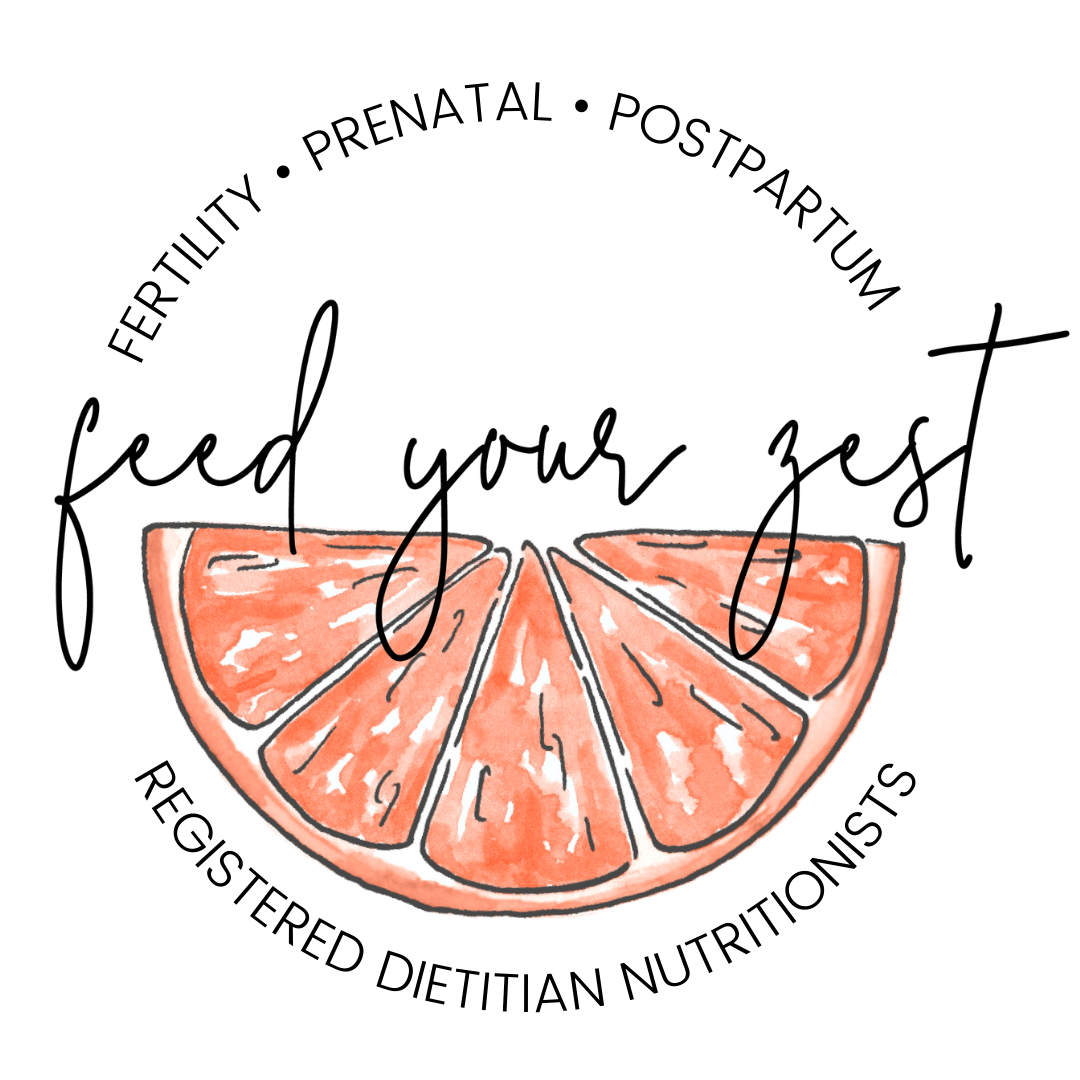Complementary Medicine in Pregnancy & Lactation – Part 1: Herbs & Teas
By Thanh Thanh Nguyen, M.S., dietetic intern
As a new parent or parent-to-be, you are likely looking for all the ways to support yourself (or your significant other) and your growing baby. From managing uncomfortable side effects of pregnancy, such as fatigue or constipation, to optimizing your nutrition by eating enough or taking the appropriate supplements, you are doing your best to navigate this challenging time of change.
Herbs and other components of complementary medicine have always been a topic of interest for many reasons. For some, these are part of a culture they identify with or grew up in, while for others, they may harbor potential health benefits. This blog post is the first of two that will briefly review common complementary medicine practices in pregnancy and lactation.
Before we dive in…
As a student (and believer) of the scientific method, I think it’s important to acknowledge that the method is not applied equally to all topics. While these herbs and practices have been used in various cultures for centuries, they have not been extensively studied in “Western medicine” the way, say, Advil has. This simply means that, for those of us (like me!) who study health sciences through the lens of the scientific method, we have limited evidence and understanding of these herbs and practices. With that caveat in mind, let’s take a look at where the evidence currently lands for a few common herbs during pregnancy!
Ginger
From teas, soups, to construction-able cookies, ginger likely ranks among the most versatile spices out there. Featured in traditional Chinese, Indian, and Japanese medicine as far back as the 1500s, ginger is used for various purposes, most commonly nausea and vomiting, but also pain relief, cough relief, and for a gassy tummy.
Ginger is generally safe to use in pregnancy and lactation as a food. There is limited research on the use of ginger for medicinal purposes – as in, when used the form of powder or supplements. Thus, it is best not to consume ginger in amounts higher than what you would find in food. In concentrated forms, ginger can also interact with anti-clotting medications. If you are taking any, make sure to discuss this with your doctor.
Red Raspberry Leaf Tea
A juicy fruit with a slightly tart undertone, raspberry can enhance your smoothies, top your desserts, or be consumed raw. Its leaf is also highly useful - traditionally used to fight inflammation, ease gastrointestinal discomfort, and assist with childbirth.
While there is not a lot of research into the use of raspberry leaf tea in pregnancy and lactation, many nurse midwives turn to this herb for assist with labor and delivery. For this purpose, consuming up to 2.4 grams daily after week 32 of gestation can be safe. Note that it has estrogenic effects (and can negatively affect the pregnancy), so it would be best to seek medical supervision while doing so.
Nettles
Another traditional herb, nettle is commonly used in medieval Europe to treat pain in the muscles and joints, as well as for various conditions including eczema, arthritis, gout. It is said to help with inflammation in the body and, as a result, can help relieve pain – no wonder it is also used in creams and compresses for various joint conditions.
For all its usability for pain relief, nettles can also stimulate the uterine. This means it might be dangerous during pregnancy out of concerns for abortion. There is also a lack of information for use during lactation, so it might be better to err on the side of caution and refrain from using nettles during these time periods.
Chamomile
I love myself a cup of chamomile to unwind at night, but never realized there are actually 2 common forms of this herb: German chamomile (Matricaria chamomilla) and Roman chamomile (Chamaemelum nobile). Both have been traditionally used by ancient civilizations for various purposes – promoting sleep, enhancing relaxation, and helping with an upset stomach. Nowadays, it is more common to see German chamomile being used in teas. However, both are traditionally consumed in this form, so it might be helpful to check the specific tea that you are sipping.
German chamomile is generally safe, especially when consumed in normal food amounts. This is not the case for Roman chamomile: it is likely unsafe during pregnancy, for it carries risks of abortion, reduced birth weight, preterm labor.
As with many other herbs, it’s best to be careful with concentrated, supplemental forms. If you’re taking anti-clotting medications, use caution and discuss with your doctor as chamomile might affect how well the medication works.
TL;DR?
Common herbs – ginger, red raspberry leaf tea, and chamomile, are likely safe, especially when consumed as foods, or in amounts commonly found in food. Nettles is more controversial, so definitely seek out an expert in Eastern medicine or functional nutrition if you are interested in taking them.
Psst!
If you’re looking for more individualized support, our team of perinatal dietitians can’t wait to work with you! Get started with 1:1 nutrition counseling today.





